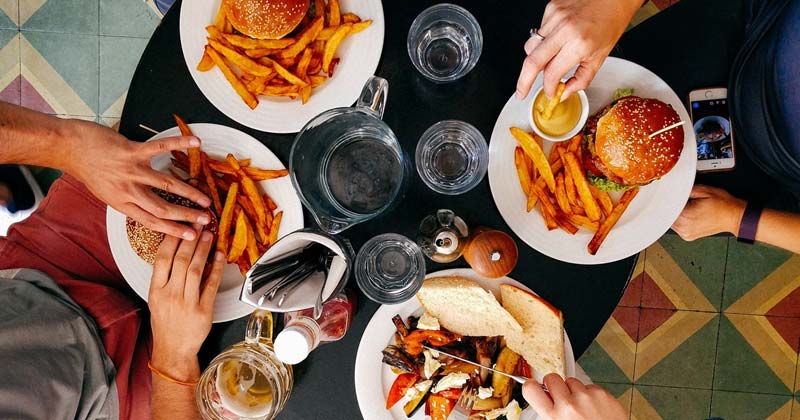People have to eat and drink to stay alive. While some people stay alive to eat and drink, others survive without eating anything for days. Without water, you die after a few days, but how long can a person survive without food? Let’s find out.
Researchers cannot conduct scientific studies on the question, so most of the observations are based on people on hunger strikes. A prominent example is Terence MacSwiney, the mayor of the Irish city of Cork, who died in 1920 after 74 days without food. Some of his fellow strikers managed to starve for 94 days and they even survived. The Indian independence fighter Bhagat Singh allegedly set the record while protesting in jail against the dreaded British empire. In British detention, he did not eat anything for 116 days till he ended the strike. This is a world record for a person to survive after not eating anything for this long, however, the British authorities tried to defame him and undermine his protest by saying that they forcefully pushed food in his mouth and provided him with nutrients through drinking. Yet, it remains a record for any human to survive without food for so long through passion and will power.
How does the body react to hunger?

In 1944, the medical doctor Ancel Keys undertook an experiment at the University of Minnesota, in which he fed his subjects half the normal calorie intake for half a year. After a short time, the study participants became apathetic and depressed, they got edema, their pulse and heart rate slowed down. Also, the men complained of dizziness, visual disturbances, beeps in the ear, abdominal and body aches, and hair loss.
When people don’t eat, the body switches to hunger metabolism in which the heart rate, blood pressure, and body temperature drop noticeably. On the first day, the body gets the energy from the carbohydrate stores. Then it takes the protein from the muscles and uses its fat reserves. In the next step, the body starts consuming its internal organs for energy. This is why most hungry people die from organ failure and often the heart simply stops beating. Scientists estimate the survival time without food at two to three months. But it always depends on the general condition of the person. The starting weight plays a crucial role and so does the metabolism.
Suggested Read – How Is Food Digested? What Happens To Food In Your Stomach And How It Provides Energy? Let’s Find Out.
To survive longer without food, one should be healthy enough to adapt to hunger metabolism if and when required. It does not mean that the people with fat reserves would survive more but it would completely depend on their digestive process and energy consumption. How long does a person survive without food, depends upon the metabolism of the person. If the metabolism is correctly organized, the survival time would be longer without food.


